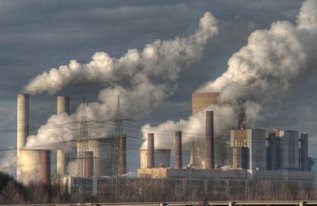Reuters has done an analysis of air pollution data from EPA, and in some cases compared EPA data to data from nearby community groups.
The article starts off talking about an explosion at an oil refinery, that sent fumes and black smoke into the community, and sent residents to get emergency care they were coughing so much. But EPA air quality data did not capture the incident, and records it as a good day for the city.
Reuters then details other refinery explosions, and notes that EPA air quality data did not find any risks from the 10 biggest explosions in the last 10 years. It talks about refinery explosions in cities that were too small to have a monitor. It talks about monitors missing spikes because they only turn on every few days. Some monitors have a maximum limit because of the monitor’s capability or to improve monitoring for lower level data, and so if an air pollution event it over the limit, we don’t know if it’s 5%, 50% or 500% over the limit. It’s just listed as over the limit. Some monitors are located with input from industry, and these ones can miss some or most of the emissions coming from an industrial facility.
The EPA air monitoring network has about 3900 monitors across the country. Most of them monitor for the 6 air pollutants on the National Ambient Air Quality Standards list, called criteria air pollutants: ozone, fine and coarse particulate, nitrogen oxides, sulfur dioxide, lead, and carbon monoxide. There are not enough monitors for toxic chemicals, and to save resources, they often only operate every few days.
Even with the monitors missing spikes and explosions, the American Lung Association’s State of the Air 2020 reports that 150 million people (46%, or almost half the people in the country) live in counties with either unhealthy ozone or unhealthy particulates.
It is clear we can really improve our monitoring of air pollution. But we already know we could be doing much better, and for our health and for climate change we need to transition to clean renewable energy and clean transportation.
Read the Reuters article here. It is very in-depth, and has several personal stories to help us understand the problem.
12/9/2020





